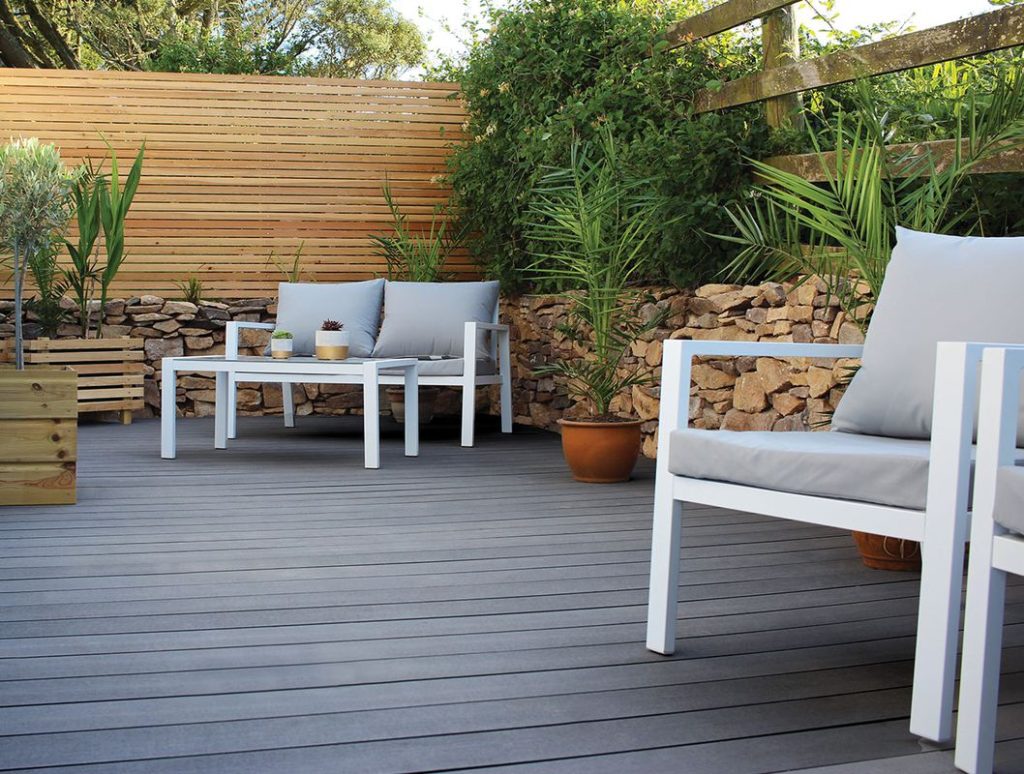Composite Decking – The Eco-Friendly Choice for a Greener Future
Composite decking is gaining widespread popularity as the eco-friendly choice for a greener future in the world of outdoor living spaces. Unlike traditional wood decking, which often involves the harvesting of old-growth trees and requires regular maintenance with harmful chemical treatments, composite decking offers a sustainable alternative that benefits both the environment and homeowners? One of the key reasons why composite decking is considered eco-friendly is its use of recycled materials. Typically, composite boards are crafted from a combination of reclaimed wood fibers and recycled plastic, such as polyethylene or polypropylene. These materials would otherwise end up in landfills or contribute to deforestation. By repurposing waste materials, composite decking not only reduces the demand for virgin resources but also helps divert harmful plastic waste from our oceans and natural habitats. Moreover, composite decking is designed to be extremely durable and long-lasting. Traditional wood decking is susceptible to rot, splintering, and decay, which often leads to frequent replacements additional environmental strain.

Composite boards, on the other hand, are engineered to withstand the harshest weather conditions, resist insect infestations, and maintain their appearance over time without the need for toxic chemical treatments. This longevity translates to fewer resources being consumed and less waste being generated in the long run, making composite decking an inherently sustainable choice. Another eco-friendly aspect of composite decking is its reduced carbon footprint. Manufacturing composite boards typically requires less energy than processing and treating natural wood. Additionally, the transportation of composite materials often involves shorter distances because they are manufactured regionally, reducing greenhouse gas emissions associated with long-distance shipping. This not only minimizes the environmental impact of production but also helps support local economies. Furthermore, composite decking promotes water conservation. Unlike wood, composite boards do not absorb water, which means they do not contribute to mold and mildew growth. This feature reduces the need for water-intensive cleaning and maintenance practices, saving both water resources and homeowners’ time and effort.
Additionally, composite decking can be installed with a hidden fastening system that minimizes water intrusion composite decking uk, further enhancing its water-efficient properties. In terms of aesthetics, composite decking offers a wide range of designs and colors that mimic the natural beauty of wood without the environmental drawbacks. Homeowners can choose from various finishes and textures that complement their outdoor spaces while knowing that their choice aligns with sustainability goals. In conclusion, composite decking represents a significant stride towards a greener future in outdoor living. By utilizing recycled materials, extending product lifespan, reducing carbon emissions, and promoting water conservation, composite decking stands as a sustainable alternative to traditional wood decking. Homeowners can enjoy the beauty and functionality of their outdoor spaces while contributing to a healthier planet. As the environmental consciousness of consumers continues to grow, composite decking is poised to play a vital role in shaping a more eco-friendly landscape for generations to come.
